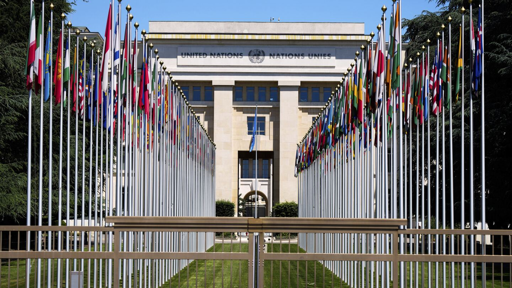The United Nations, a collaborative global dream built into reality out of the ashes of World War II, marks its 80th anniversary this month. There’s little to celebrate.
Its clout on the world stage is diminished. Facing major funding cuts from the United States and others, it has been forced to shed jobs and start tackling long-delayed reforms. Its longtime credo of “multilateralism” is under siege. Its most powerful body, the Security Council, has been blocked from taking action to end the two major wars in Ukraine and Gaza.
And as the latest conflict between Israel, Iran and the United States flared, it watched from the sidelines.
Four generations after its founding, as it tries to chart a new path for its future, a question hangs over the institution and the nearly 150,000 people it employs and oversees: Can the United Nations remain relevant in an increasingly contentious and fragmented world?



And? You can see powerful countries abusing veto powers and that in no way should be on the human rights councils. If these countries refuse to uphold global standards, they’re not in, and can be prosecuted.